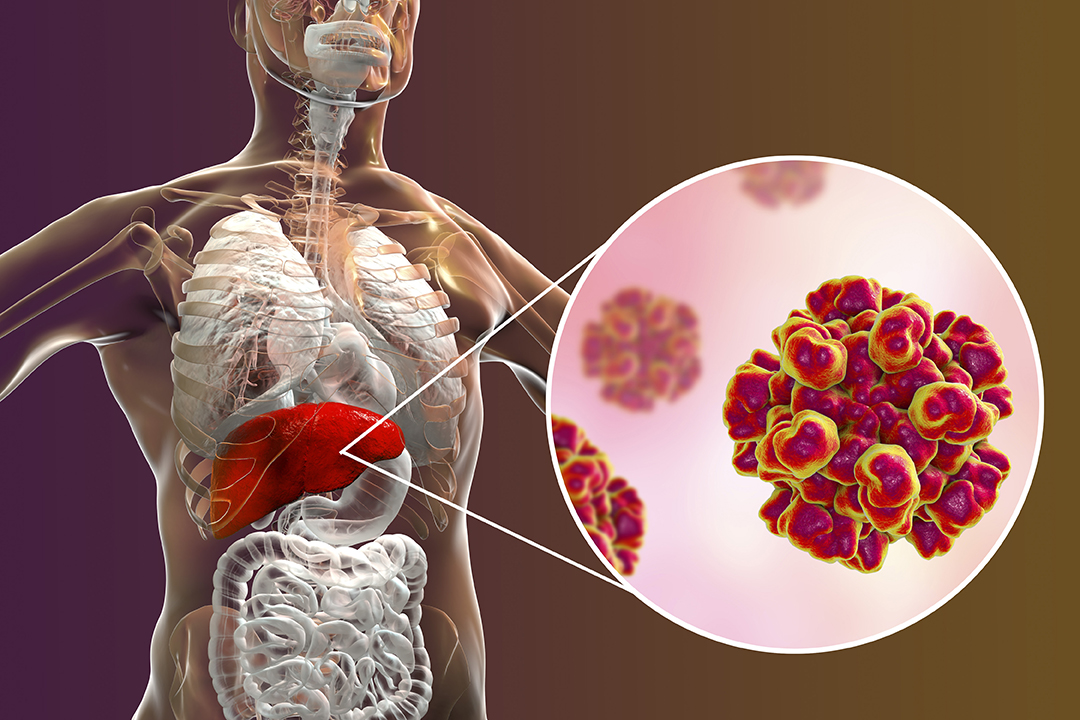Drug Abuse Screening
Drug abuse screening is an essential tool for identifying drug abuse problems in individuals and preventing the harmful consequences of drug use. It is often used by employers, healthcare professionals, and addiction treatment centers to identify drug use and help people who are struggling with addiction.
Drug abuse screening can involve different types of testing methods, including urine drug tests, saliva drug tests, and hair follicle drug tests. These tests can detect a wide range of drugs and their metabolites in the body, providing valuable information about drug use patterns and the severity of drug abuse.
In addition to drug testing, drug abuse screening may also involve a comprehensive assessment of a person's drug use history, including the frequency, duration, and intensity of drug use, as well as any related physical or psychological symptoms. This can help identify the underlying causes of drug abuse and develop personalized treatment plans to help individuals overcome their addiction and achieve long-term recovery.
Overall, drug abuse screening is an essential component of addiction treatment and prevention, helping to identify drug use problems and provide appropriate care and support to those in need.

The goal of drug abuse screening is to identify individuals who have or are at risk of developing drug-related problems. This helps identify patients who need further assessment to diagnose their substance use disorders and develop plans to treat them. Service include screening for Amphetamines, Cannabis, Methqualone, Cocaine, Opiates, Alcohol and Benzodiazepline.
